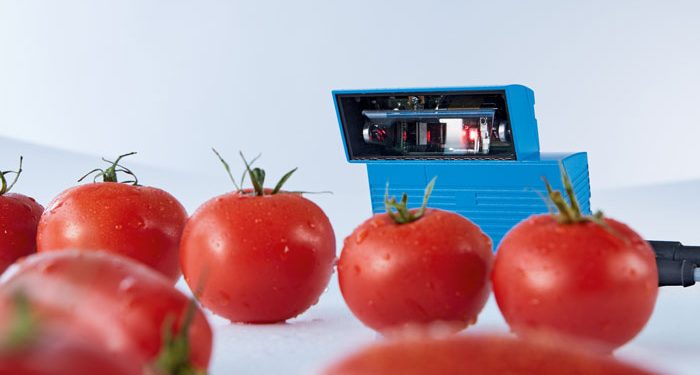The food industry faces numerous challenges in ensuring the safety, quality, and traceability of its products. From farm to fork, each step in the food supply chain must be meticulously managed to prevent contamination, ensure freshness, and comply with increasingly stringent regulatory requirements. Barcode scanners have become indispensable tools in this quest, providing a reliable and efficient means to track and monitor food products throughout their journey.
Table of Contents
A Demanding Tool for Food Safety
Enhancing Traceability
Barcode scanners enable the food industry to achieve end-to-end traceability of products. By scanning barcodes at each stage of the supply chain, companies can record and track the movement of food items from production to distribution and retail. This granular level of traceability is crucial for quickly identifying and isolating contaminated or spoiled products, significantly reducing the risk of foodborne illnesses.
Streamlining Recalls
In the event of a product recall, barcode scanners can swiftly identify the affected products and trace their distribution paths. This capability allows companies to efficiently remove hazardous items from shelves, minimizing the impact on consumer health and safety. Moreover, barcode scanning aids in managing the recall process more effectively, preserving consumer trust and compliance with regulatory standards.
Complying with Regulations
Regulatory bodies worldwide mandate comprehensive traceability systems to enhance food safety. Barcode scanners facilitate compliance with these regulations by providing a transparent and verifiable tracking system. They enable food businesses to demonstrate due diligence in monitoring their supply chains and ensuring that all products meet the required safety standards.
Boosting Operational Efficiency
Beyond safety and compliance, barcode scanners significantly improve operational efficiency in the food industry. They automate the data collection process, reducing manual errors and saving valuable time. This efficiency extends to inventory management, where barcode scanning helps maintain accurate stock levels, reduces waste, and optimizes the supply chain.
Inventory Management
Effective inventory management is vital in the food industry, where products often have limited shelf lives. Barcode scanners provide real-time inventory data, enabling businesses to manage stock levels proactively. This real-time visibility helps prevent overstocking or stockouts, ensuring that fresh products are always available to meet consumer demand.
Reducing Waste
By improving inventory accuracy, barcode scanners also contribute to reducing food waste. Precise tracking of product expiration dates and shelf life enables companies to prioritize the distribution of products nearing their end of use. This not only minimizes waste but also contributes to more sustainable business practices.
Implementing Barcode Technology for Food Safety
The successful implementation of barcode scanners in the food industry requires careful planning and consideration of several factors:
Choosing the Right Scanners
The food industry’s unique environment demands durable and versatile barcode scanners capable of handling cold, moisture, and rapid movements. Selecting devices that can withstand these conditions while providing fast and accurate scanning is crucial.
Integration with Supply Chain Systems
For barcode scanners to be effective, they must be integrated with broader supply chain management systems. This integration ensures that data captured by scanners is accurately recorded and accessible across the supply chain, facilitating seamless traceability and inventory management.
Training and Awareness
Ensuring that staff are properly trained to use barcode scanners and understand the importance of traceability is fundamental to the technology’s success. Equipping employees with the necessary skills and knowledge fosters a culture of safety and efficiency.
The Future of Barcode Scanning in Food Safety
As technology advances, barcode scanners are becoming even more sophisticated, integrating with IoT devices, blockchain, and AI to provide deeper insights into the food supply chain. These developments from barcode scanner vendors promise to enhance the accuracy and efficiency of food traceability systems further, making the food industry safer and more transparent.
Start Ensuring Safety and Traceability in the Food Industry
Barcode scanners are revolutionizing the food industry by ensuring the safety and traceability of products from farm to fork. By enhancing operational efficiency, complying with regulatory requirements, and reducing waste, these tools are indispensable in the modern food supply chain. As technology continues to evolve, the role of barcode scanners in ensuring food safety and sustainability is set to grow, marking a new era in the industry’s commitment to consumer health and well-being.


 Home
Home









